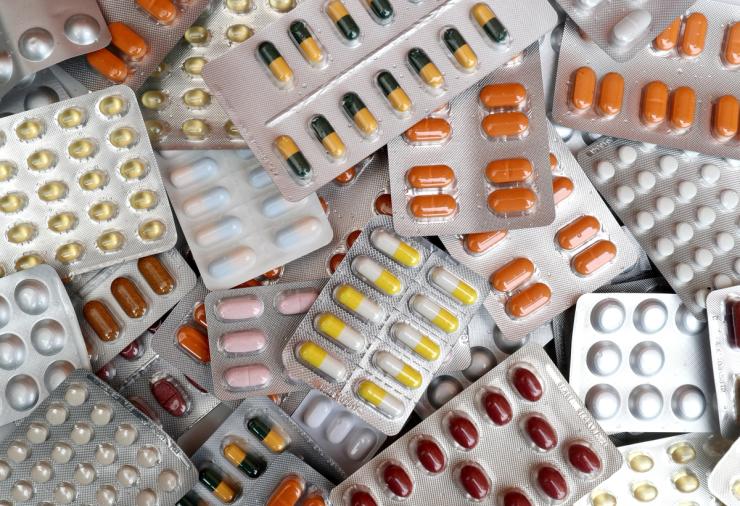The News
A pharmaceutical drug conceptualized by artificial intelligence will be tested on 60 people. The drug, which will treat chronic lung disease, is under development by Insilico Medicine and has already completed successful phase 1 trials.
We’ve curated insightful analysis on how generative AI is being used to make drugs more efficiently than traditional methods.
Insight
- The pharmaceutical industry has long struggled to get new drugs off the ground: Between 2000 and 2015, 86% of newly-developed medicines failed to reach their end points, according to Nature Medicine. While AI could quickly solve this problem, Insilico founder Alex Zhavoronkov struggled to find funding in his company’s early days.
- Traditionally developed drugs can take years of development in lab settings, but with AI, drugs can be conceptualized and ready for trials in a matter of months. Japan’s Takeda Pharmaceutical Co. recently purchased a psoriasis drug developed in just six months, Bloomberg reports, with machine learning filtering molecules to find the best one for a particular illness.
- To combat COVID-19, one pharmaceutical company, Apriori Bio, is using AI to test antibodies against billions of possible variants in hopes of designing vaccines that are resistant to the virus’s mutations. It’s a process that wouldn’t be possible with humans alone: “There is no way that your human brain can put all those bits and pieces in place and figure out that entire system,” Apiori CEO Lovisa Afzelius told the MIT Technology Review.
Know More
Investors are hoping that AI-designed pharmaceuticals could be a $50 billion industry, especially as technological advances in the space continue.
While Insilica has seen initial success with its early drug trials, there have been some high-profile failures: Share prices collapsed last year for Sensyne Health, a U.K.-based pharmaceutical company after it ran out of cash. Similarly, IBM’s Watson supercomputer did not live up to its initial hype, perplexing oncologists who had hoped to use the program’s intelligence at a U.S. cancer center.


